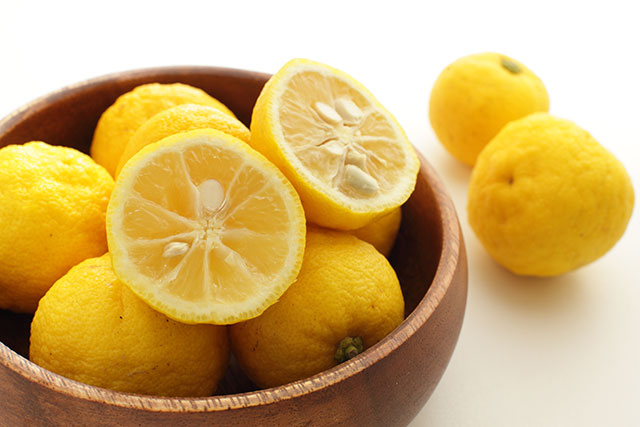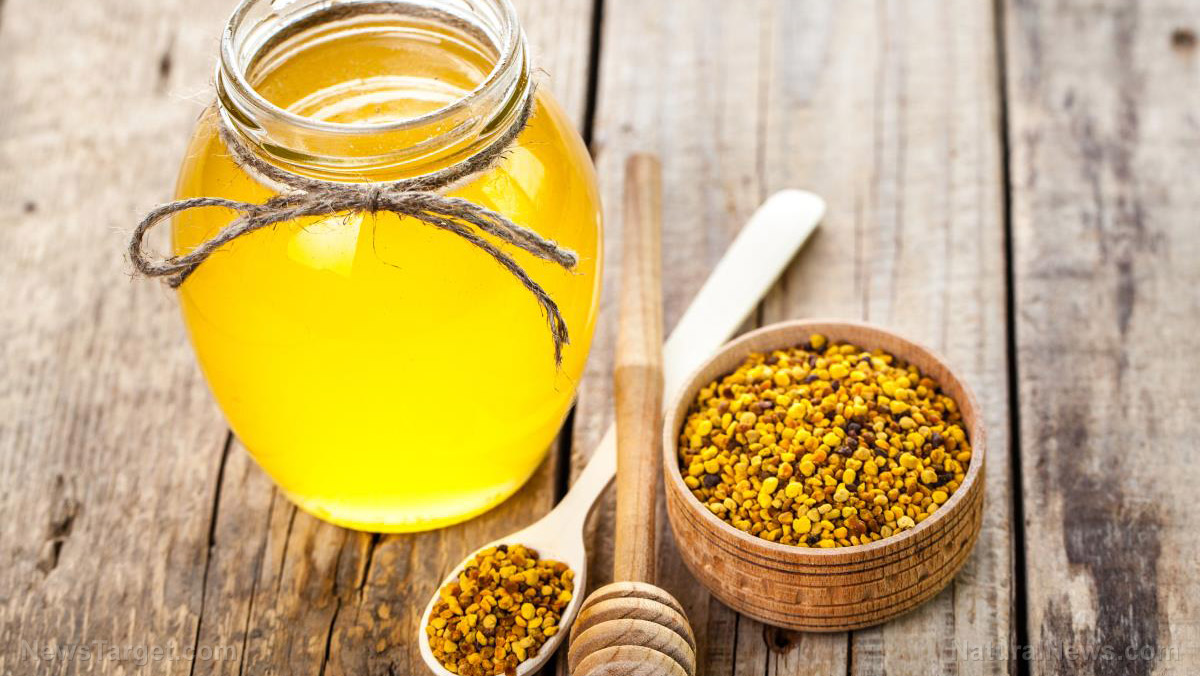Study shows EXTRA VIRGIN COCONUT OIL can promote weight loss, reduce body fat and improve liver health
01/05/2024 / By Evangelyn Rodriguez

Coconut oil is known for its many beneficial properties, which include anti-inflammatory, antioxidant and antimicrobial activities. Highly moisturizing and soothing to the skin, coconut oil is also widely used as an ingredient in many skincare products.
In recent years, many people have begun including “extra virgin” (unrefined and typically cold-pressed) coconut oil (EVCO) in their diets because of its reported weight loss benefits. EVCO is a rich source of medium-chain triglycerides (MCTs), a healthy type of fat that is said to not only provide readily available and longer lasting energy than carbohydrates, but also promote fat-burning.
However, experts are still divided on the matter, citing the lack of larger, more comprehensive studies on the weight loss potential of MCTs and coconut oil’s naturally high calorie content.
But according to a recent study published in the Journal of Functional Foods, regular consumption of EVCO can lead to weight loss instead of weight gain so long as intake is kept below 10 percent of one’s total daily calorie intake, as recommended by the U.S. Department of Agriculture (USDA).
In addition, the study reported that aside from inducing weight loss, EVCO helped improve lipid metabolism and reduced fat accumulation in the liver of rats with diet-induced obesity. (Related: Study shows cherries can promote weight loss, boost heart health and treat gout.)
Phenolic compounds and MCTs in EVCO work in synergy to combat obesity
To investigate the anti-obesity effect of EVCO, the researchers divided 32 rats into four groups: two groups were fed a normal diet, with one group receiving 3,000 milligrams (mg) per kilogram (kg) body weight of EVCO daily for 16 weeks. Meanwhile, the other two groups were fed a cafeteria diet which consists of unhealthy foods commonly consumed by humans (e.g., hotdogs, muffins, etc.). Likewise, only one of the two groups received EVCO daily for 16 weeks.
The researchers reported that the obese rats exhibited hyperphagia, or insatiable hunger, and consumed almost three times more nutrients and calories than the healthy rats. But daily supplementation with EVCO helped reversed changes associated with obesity, such as body weight gain, high adiposity (body fat accumulation) index and increased abdominal circumference. (Related: Study shows ginger is a potent natural anti-obesity agent.)
The researchers proposed that these anti-obesity effects may be linked to an increase in energy expenditure caused by the MCTs in EVCOs, such as caprylic acid, capric acid and lauric acid. Because these MCTs are directly transported to the liver where they are utilized immediately for energy production, they are not stored as fat inside the body and don’t contribute to weight gain or adiposity.
The researchers also noted that obese rats had larger adipocyte (fat cells) areas than healthy rats, but supplementation with EVCO reduced the size of these areas significantly. The researchers attributed this once again to MCTs, which are known to decrease the expression of genes that promote the accumulation of fat tissue. (Related: MCTs help prevent cardiovascular disease by improving the metabolism of cholesterol.)
On the other hand, the researchers credited the phenolic compounds in EVCO with improving insulin sensitivity in obese rats. These phenolic compounds, which include rutin, 3,4-dihydroxybenzoic acid, salicylic acid, quercetin, p-coumaric acid, caffeic acid and myricetin, have potent antioxidant and anti-inflammatory properties.
The researchers explained that chronic inflammation caused by the presence of excess body fat is a major contributor to insulin resistance. Studies have shown that pro-inflammatory signaling molecules can inhibit insulin signal transduction, resulting in a decreased response to insulin by cells. But the anti-inflammatory activities of the phenolic compounds in EVCO can help suppress obesity-induced inflammation, thus improving insulin sensitivity in obese rats.
Meanwhile, the synergistic effects of the MCTs and phenolic compounds in EVCO helped prevent hepatic steatosis in obese rats by reducing the deposition of fats, cholesterol and triglycerides in the liver. According to the researchers, the positive influence of these EVCO components on lipid metabolism in the liver led to the mobilization of fat, cholesterol and liver triglycerides into the blood, consequently increasing the excretion of fecal cholesterol.
Based on these findings, the researchers concluded that consumption of EVCO according to USDA guidelines could help promote weight loss and improve liver function, lipid metabolism and blood sugar control in people with obesity, thanks to the synergy between the MCTs and phenolic compounds in EVCO. A clinical trial involving adult men with obesity also reported that EVCO can improve a person’s lipid profile by increasing high-density lipoprotein (HDL), or “good cholesterol” levels.
Extra virgin coconut oil is a superfood that offers plenty of health benefits when consumed in moderation. Learn more about EVCO and other healthy foods at Superfood.news.
Watch this video to learn more about the health benefits of coconut oil.
This video is from the Holistic Herbalist channel on Brighteon.com.
More related stories:
Coconut oil studied for its potential to reverse Alzheimer’s.
Coconut oil better than DEET at repelling insects, compelling new research shows.
Coconut oil is a SUPERFOOD: Studies show it can offer unique benefits to your brain.
Coconut oil is a versatile and natural antioxidant that can be used in food preservation.
Here are some ways to lose weight and lower your blood sugar without fasting.
Sources include:
OnlineLibrary.Wiley.com [PDF]
Submit a correction >>
Tagged Under:
alternative medicine, Extra virgin coconut oil, fight obesity, food cures, food is medicine, food science, health science, liver health, MCTs, metabolic health, natural cures, natural health, natural medicine, phytonutrients, remedies, research, slender, weight loss
This article may contain statements that reflect the opinion of the author
RECENT NEWS & ARTICLES
GroceryCures.com is a fact-based public education website published by Grocery Cures Features, LLC.
All content copyright © 2018 by Grocery Cures Features, LLC.
Contact Us with Tips or Corrections
All trademarks, registered trademarks and servicemarks mentioned on this site are the property of their respective owners.



















